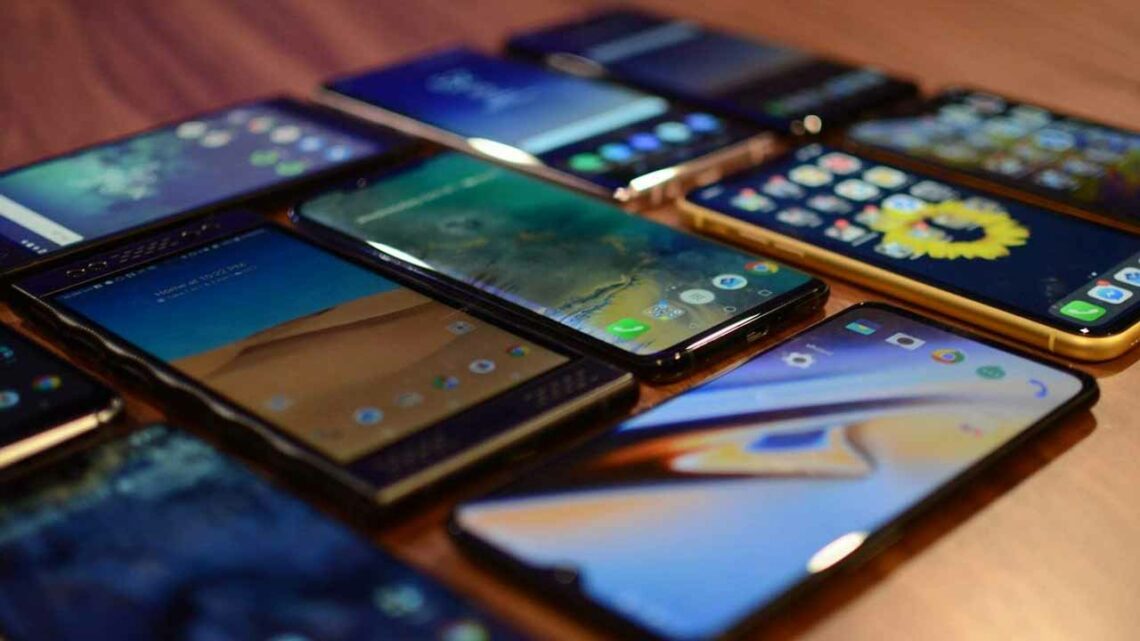Nigeria’s ambitious goal to achieve 70 per cent broadband penetration by 2025 is at risk, as recent data from the Nigerian Communications Commission (NCC) reveals a troubling decline in broadband access, which has fallen to 41.56 per cent as of September 2024. This setback is largely attributed to the high cost of smartphones and devices, which continues to hinder widespread access to high-speed internet.
The number of Nigerians accessing high-speed internet has dropped from 94.3 million in March to 90.1 million by September, signaling potential challenges ahead. At the launch of the National Broadband Plan (NBP 2020-2025) in March 2020, broadband penetration was at 39.85 per cent, and while there was some progress in the following years, the current decrease raises concerns about reaching the plan’s targets.
Initially, the NBP set a goal of 50 per cent penetration by the end of 2023; however, actual penetration only reached 43.71 per cent before decreasing further. One of the primary barriers identified by the NBP and industry experts is the prohibitive cost of smartphones. A recent report by DataReportal estimates that smartphone access in Nigeria is limited to between 11.8 per cent and 18.9 per cent of the population. With over 211 million people and approximately 122.5 million internet users, many Nigerians still lack affordable devices capable of connecting to high-speed networks.
Karl Toriola, CEO of MTN Nigeria, emphasised the significance of this issue, stating that although demand for data services is strong, the affordability of 4G and 5G-enabled smartphones remains a significant challenge. Prices for these devices range from N120,000 to over N2 million, far beyond the means of the 88.4 million Nigerians living in extreme poverty. Toriola remarked, “The biggest barrier is actually the cost of handsets… affordability of smartphones is a challenge to fully leverage data capacity in a fluctuating economy.”
To tackle this problem, Toriola proposed increasing local assembly of devices to lower costs and eliminate customs taxes. MTN has been working closely with the Ministry of Communications, Innovation, and Digital Economy, led by Dr. Bosun Tijani, to implement this initiative. Furthermore, MTN’s MoMo platform aims to assess creditworthiness and potentially offer financing solutions to make devices more accessible to Nigerians.
The NBP also set a target for 70 per cent of telecom subscriptions to be on 4G by 2023. However, NCC data indicates that only 44.96 percent of Nigeria’s 154.6 million mobile subscriptions were on 4G by March 2024, with 43.53 per -cent still relying on 2G as of September.
In a bid to support these broadband targets, the ministry has launched initiatives like Project 774 LG Connectivity, which aims to connect all 774 local government a–reas to the internet. Additionally, the government has introduced a Special Purpose Vehicle (SPV) to build 90,000 km of new fiber optic cables, ultimately expanding Nigeria’s internet backbone to 125,000 km.
With these collaborative efforts between the government and private sector, Nigeria strives to overcome current hurdles and create a more connected future for millions of Nigerians. However, the persistent challenge of smartphone affordability looms large, threatening to undermine progress towards the nation’s broadband ambitions.





